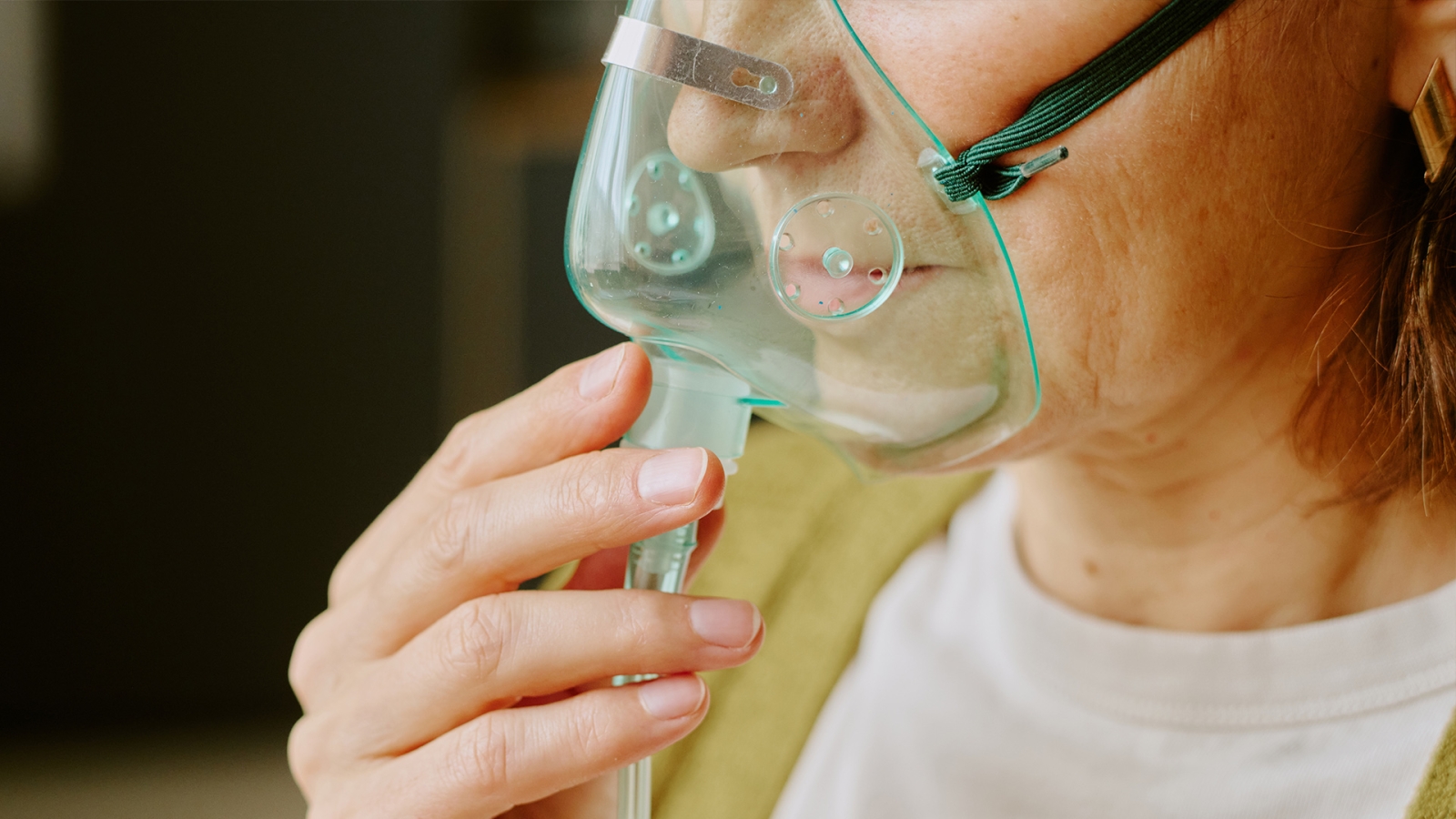Practice Spotlight: Aanya Datta
February 11, 2026
New Research: Worrying About Aging May Actually Age Women Faster
February 10, 2026
Explore Our Degree Programs
SBS LED CENTERS & LABS
TRIAL Lab: Tobacco and Nicotine Research: Interventions, Analysis and Longitudinal Studies
May
18
8am-5pm
Click to access event details aboutConference on Intervention Optimization: Science and Practice, Present and Future
Conference on Intervention Optimization: Science and Practice, Present and Future
Bethesda North Marriott Hotel and Conference Center, 5701 Marinelli Rd, Rockville, MD 20852
Co-hosted by the Center for Advancement and Dissemination of Intervention Optimization (CADIO) at NYU and the Data Science for Dynamic Intervention Decision Making Center (d3center) a













